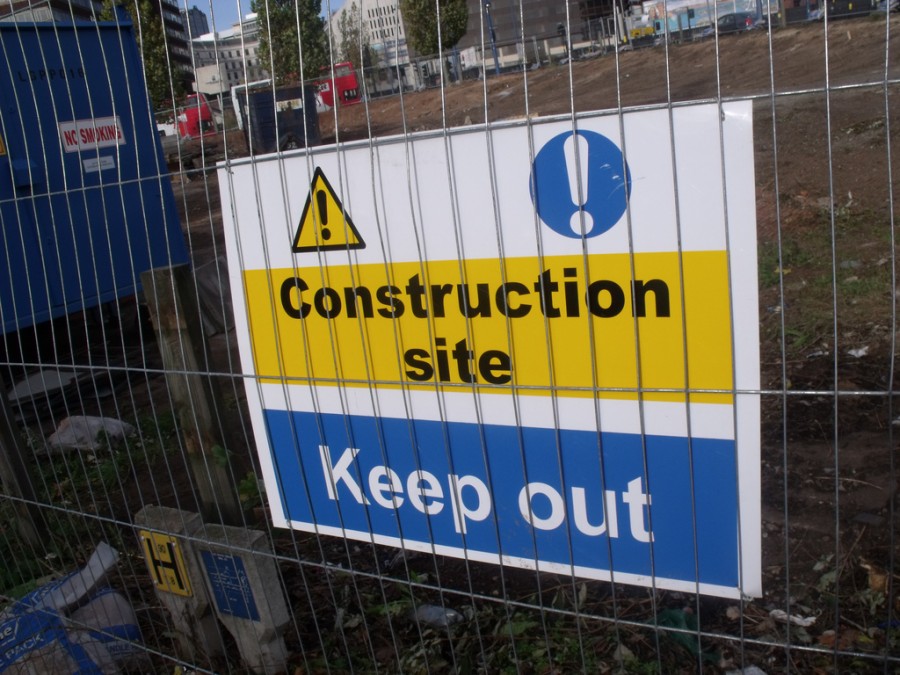The latest engineering services industry survey, backed by leading trade bodies ECA, BESA, SELECT and SNIPEF, has revealed that electrotechnical businesses are growing more concerned about labour shortages amid the continuing economic squeeze.
While reported turnover figures indicate year on year growth, lump sum pricing, wage expectations and general inflation are negatively impacting growth.
Almost half (44%) of all survey respondents said labour shortages were their current number 1 biggest concern for their businesses – up from 42% in Q1 2023 and a third (32%) in Q4 2022. Materials shortages and fixed pricing in light of inflation were ranked second and third-biggest concerns for business-owners, respectively.

A growing number of electrotechnical businesses have vacancies in their organisations – 57% in the latest survey compared to just over half (54%) in the previous survey, taken in April 2023. Of those with vacancies, over half (54%) said they struggled with an insufficient supply of applicants to fill them.
Half (50%) said applicants lack sufficient knowledge to do the job, and half (49%) said applicants’ pay expectations were too high. Despite these findings, a significant number of contractors are expanding their directly employed workforce rather than choosing agency labour to plug the skills gap.
Rob Driscoll, ECA Director of Legal and Business, said: “Turnover doesn’t typically reduce when inflation is high. The real test is maintaining future order books and margins. As the vast majority of survey respondents are SMEs, I am heartened to see how switched-on our Members are despite a tough business environment. ECA remains ready to help its Members mitigate the risks of an uncertain economy.
“The lack of enough skilled workers jeopardises our sector’s recovery. It leaves the industry vulnerable in an uncertain market.”
Payment times have not improved for most respondents and remain unsatisfactory. Almost two thirds of respondents (57%) said commercial clients/main contractors take 31-60 days to pay for work. A quarter (23%) said they can take up to 90 days.
For public sector work, 43% said they were paid 31 to 60 days after their projects, while one in 10 said they were paid up to 90 days after their projects.
Two thirds (66%) of respondents said that between 1 and 5% of their turnover is currently being held in retentions – a notable increase from an already worrying 53% in January 2023.




















